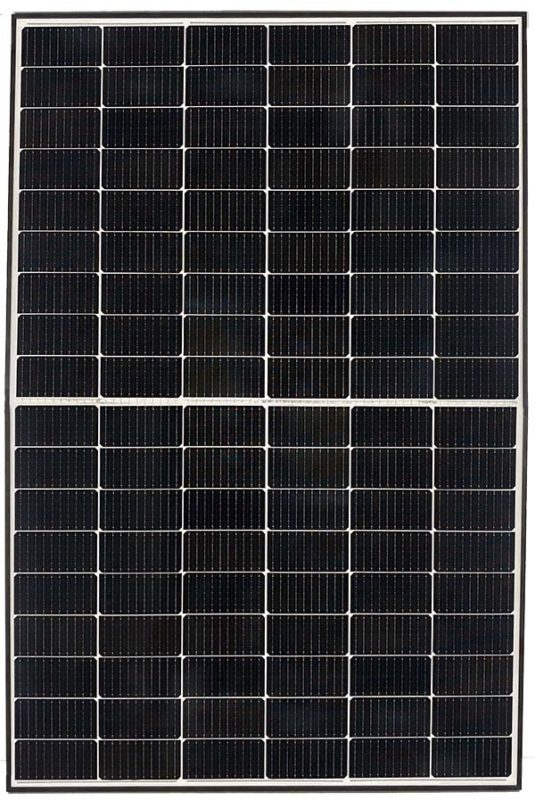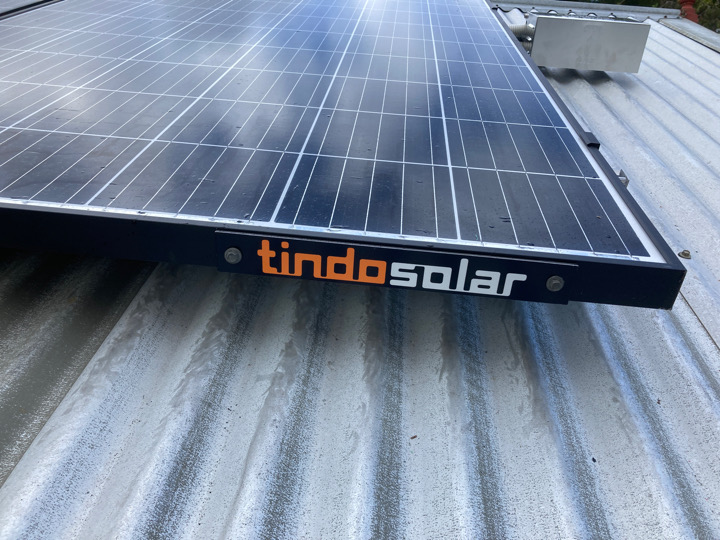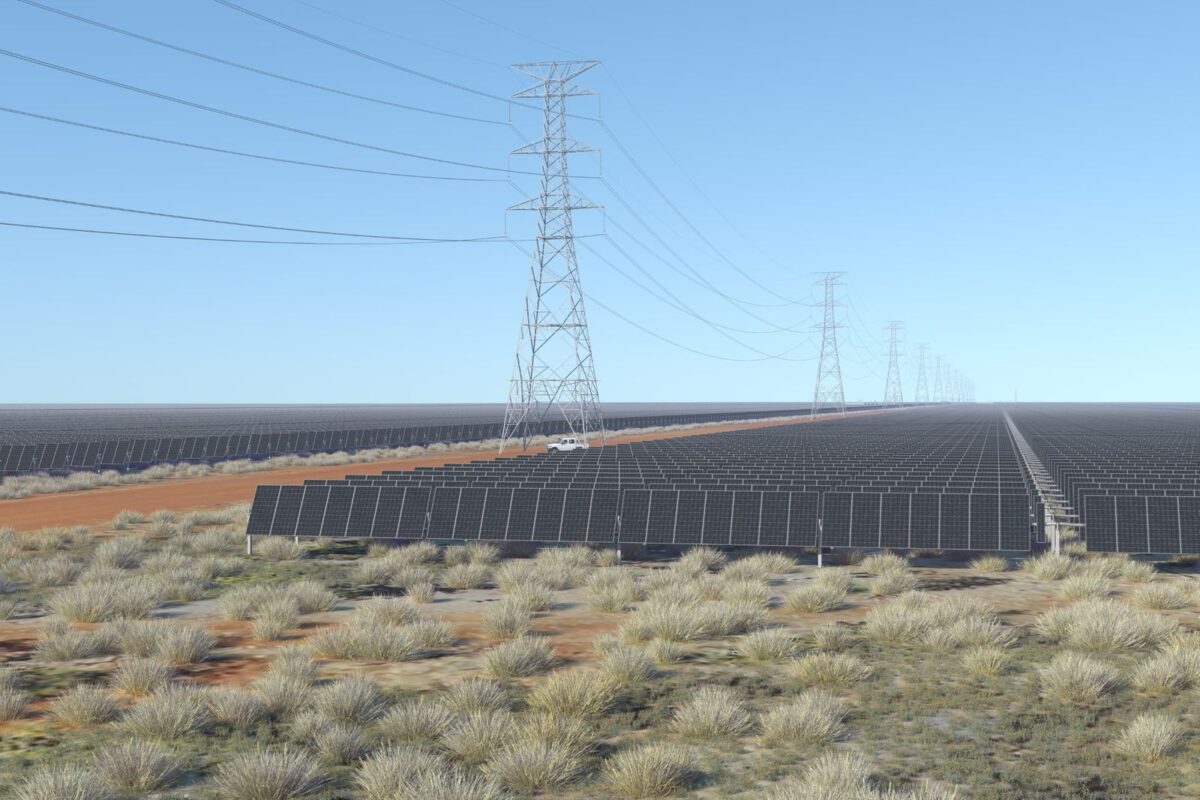Tindo Solar, Australia’s only solar panel manufacturer, has released its largest residential rooftop module yet, announcing that its 410 W Karra panel has now been certified for sale and STC rebates.
The 410 W Karra panel is made with 108 half-cut monocrystalline cells based on M10 wafers with a size of 182mm. It operates with a maximum system voltage of 1,500 V and a temperature coefficient of -0.34% per degree Celsius.

Image: Tindo Solar
The new panel measures 1,731mm x 1,149mm x 40mm and weighs 21.5kg. It is built with fully tempered glass and is wrapped in a black anodised aluminium alloy frame. It comes with a 25-year product guarantee and a 25-year performance guarantee. End power output is guaranteed to be no less than 80% of the nominal output power.
Tindo chief executive officer Shayne Jaenisch said the 410 W Karra panel had been designed specifically to cater for an increasingly sophisticated rooftop solar market.
“Five years ago, Australians wanted solar power on their roofs, and the rebates and feed-in tariffs were designed to drive installations,” he said. “Now, the market is more focused on solar PV with battery, VPPs (virtual power plants), and a power supply with the most efficient and reliable output.”
Tindo said the first order for the panels, which are being manufactured at the company’s headquarters at Mawson Lakes in Adelaide, was from a large corporate buyer which is installing 200 kW systems on its property assets.
Jaenisch said the 410 W panel had been tested by TUV SUD Korea with engineers from the certification body confirming it produced power at about 21% module efficiency and 23.1% cell efficiency and recorded just 0.07% cell-to-module (CTM) loss ratio. Tindo said the industry average energy efficiency of a solar module is between 17 and 19%, and the average CTM loss is 2-3%.
“We should be proud that in Australia we have the engineers and the technical skills to commercially produce one of the highest-performing solar panels in the world, right here in Adelaide,” Jaenisch said.
“If Australia is going to lead the world in the energy transition, we have to develop a sovereign capability in renewables.”
Jaenisch said the company had looked to address growing demand for ethically and sustainably produced modules with the new panel coming with an end-of-life recycling guarantee.
“Australians are serious about recycling and forced labour,” he said. “We use a global assurance firm to audit our supply chains for issues such as forced labour, and we have a recycling guarantee so that decommissioned panels are recycled for industrial re-use by Reclaim PV.”
This content is protected by copyright and may not be reused. If you want to cooperate with us and would like to reuse some of our content, please contact: editors@pv-magazine.com.









3 comments
By submitting this form you agree to pv magazine using your data for the purposes of publishing your comment.
Your personal data will only be disclosed or otherwise transmitted to third parties for the purposes of spam filtering or if this is necessary for technical maintenance of the website. Any other transfer to third parties will not take place unless this is justified on the basis of applicable data protection regulations or if pv magazine is legally obliged to do so.
You may revoke this consent at any time with effect for the future, in which case your personal data will be deleted immediately. Otherwise, your data will be deleted if pv magazine has processed your request or the purpose of data storage is fulfilled.
Further information on data privacy can be found in our Data Protection Policy.